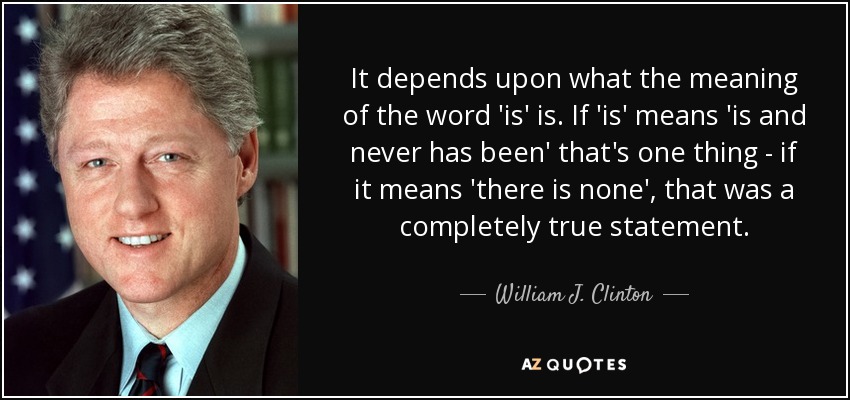TK4
Well-known member
A dangerous precedent or justice ?
So it seems. I guess the waiver he signed with CMRC to participate in a closed course racing event means nothing ?Trying to wrap my head around this:
"trying to get benefits from Travelers Canada, the company he had comprehensive motor vehicle liability insurance with prior to the accident.
Court documents show Beaudin's dirt bike was not directly insured under the policy but Beaudin applied for statutory accident benefits coverage — a category for insured people involved in an accident."
Does this mean he's trying to get his on-road insurance policy to cover his off-road accident?
Closed course events are exempt as far as I know ?I also didn't realize liability insurance was mandatory for off-road vehicles (when not driven on your own property):
Insurance
15 (1) No person shall drive an off-road vehicle unless it is insured under a motor vehicle liability policy in accordance with the Insurance Act. R.S.O. 1990, c. O.4, s. 15 (1).
Idem
(2) No owner of an off-road vehicle shall permit it to be driven unless it is insured under a motor vehicle liability policy in accordance with the Insurance Act. R.S.O. 1990, c. O.4, s. 15 (2).
It's actually really smart that he added accidents benefits to cover himself.
Did he, though? The bike he was racing wasn't specifically covered, so there was no policy to add coverage to. So it seems like he is relying on the accident benefits from another policy, presumably his car policy, which automatically includes those benefits by law. If this is the case, it sounds like he's trying to game the system because he didn't purchase insurance on the actual machine he was riding.
"Question of law was whether his mx bike was an "automobile" under the insurance laws. That is defined by vehicles where insurance is mandatory. <...> so he was required to have insurance, and is thus covered, even though he did not have insurance for that particular bike.
“automobile” includes,
(a) a motor vehicle required under any Act to be insured under a motor vehicle liability policy, and
(b) a vehicle prescribed by regulation to be an automobile; (“automobile”)

The off-road vehicle law makes insurance mandatory unless on the owner's own property, or in a closed course competition "sponsored by a motorcycle association".
I had a a accident, at a track day, at Mosport on my gsxr1000; shattered my Talus and tore my Achilles’ tendon, on top of getting paid accident benefits I had mortgage insurance and my mortgage got paid. In retrospect I would have much rather not had my foot upside down and in the boot and gotten nothing. I’m not sure of the legal aspects as this happened in 2004, I just remember filling out a ton of paperwork and going for multiple medical assessments, but not being sanctioned as a race may have had something to do with it.
It was a genuine race bike with street bike insurance, the timing may have been after Dalton McGuinty passed no-fault insurance laws.Was the bike insured as a street bike, or did you claim against your car insurance (or another on-road vehicle)?
If you are named on a car policy that carries over to being injured while in another vehicle.Did he, though? The bike he was racing wasn't specifically covered, so there was no policy to add coverage to. So it seems like he is relying on the accident benefits from another policy, presumably his car policy, which automatically includes those benefits by law. If this is the case, it sounds like he's trying to game the system because he didn't purchase insurance on the actual machine he was riding.
If you are named on a car policy that carries over to being injured while in another vehicle.
Theoretically, if you visit relatives in the USA where coverage is pathetic and you decide to do a two car road trip together it would be beneficial to switch cars. If they crash they are occupants in your insured vehicle. If you crash your vehicle insurance carries over and covers you.
I'm surprised that racing activity wasn't specifically targeted as a policy void mechanism.
Right now. Expect a rapid amendment to law and or policies to clean this up. It's far cheaper to lobby politicians than to pay out seven figure claims.Good to know I'm covered at track days now.

